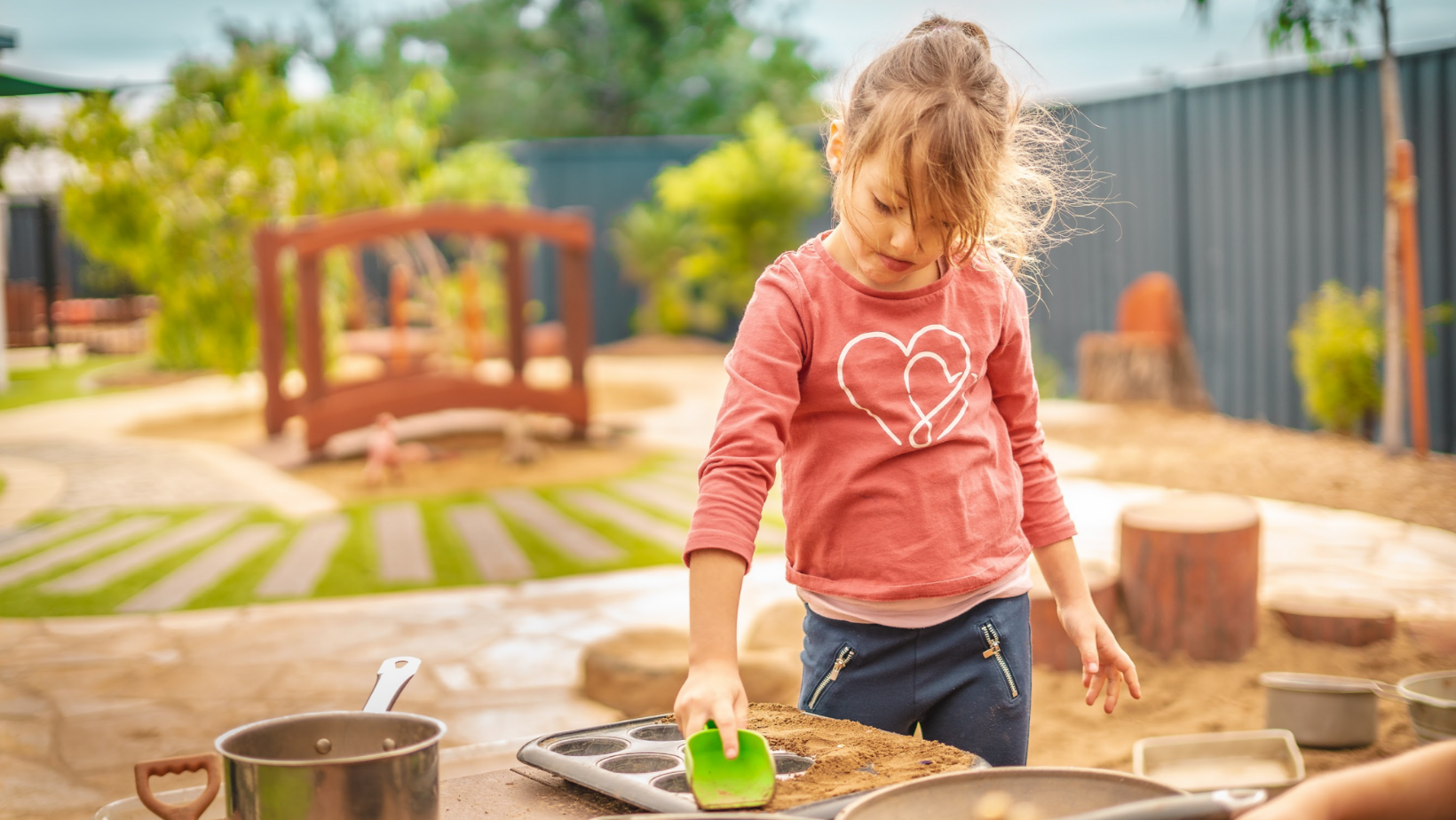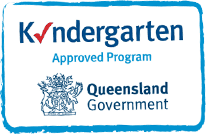Early childhood educators will look at four key areas for children to be ready for school:
- Social and emotional skills,
- Academic interest,
- Language skills, and
- Physical skills.
We will be focusing on the social and emotional skills that your child’s early childhood educators will be helping your child to develop. This blog can be used as a tool for you to consider different ways that you can support your child, and understand if they are ready for school.
Social and emotional skills
Children require certain social and emotional skills to thrive in all facets of their lives, including school. Classrooms and schools can be busy environments with a diverse population of people, unique challenges, and varying expectations.
Children should be able to develop, or work towards developing the following abilities:
- Children should be able to peacefully separate from their family at the beginning of the day. This may look different for every child, some children may be able to run off without saying goodbye whereas others may need a more consistent morning routine. You can include your child in the process by asking them for their input and ideas to help them feel more comfortable with their routine at home. You can also talk to your child’s educators about working on a routine with them so that your child may gain confidence and be able to practice separating in the morning. Make sure you and your child talk about ways that their Prep teacher can assist them in the mornings!
- Children require social skills and the ability to play with others. It is a key skill to be able to cooperate, share, take turns and have fun with friends. Some of these skills may be learned by accident through social cues. These social skills need to be deliberately taught to children for them to be able to build relationships and friendships. You can help develop these skills by encouraging your child to play turn-taking games such as snap and memory (don’t always let them win; losing is an important skill to learn) as well as self-regulation games like Musical Statues and Simon Says. When you are reading a book or watching TV together, ask your child how they think a certain character is feeling. This is a great way to discuss feelings, body language and encourages them to consider how their actions or words can affect others.
- It is important for children to try and resolve conflicts when they arise. When this occurs, we should observe our child’s skill and ability in this area. As adults, we should only step in when it is needed, teaching specific skills as required. It is not easy letting your child get into conflict over a shovel in the sandpit, but our job is to calmly observe, monitor and intervene as needed. Sometimes the children will succeed, and other times, if the fight turns physical, you can step in and help the children understand their feelings -“It’s okay to be upset and angry about not getting to play with the shovel, but it is not okay to hit our friends.” We can then help them organise their feelings and show them how to apologise to their friend. We can then assist them in finding a more compassionate and thoughtful approach to the situation (“How do you think we can address this?”). We only have the one shovel, and both of you want to use it? How can we respectfully resolve?”).
- When children are confronted with a problem, they should be able to persevere and keep trying, understanding that obstacles can, and often do, bring discomfort and frustration. Some children may try and try without adult engagement, while others will need more of our assistance in developing a growth mindset and related skills. If you find that your child can easily become frustrated, give them time and space to calm down before encouraging them to try again. You could use real-life examples to remind your child that they are capable of trying even after failing! You are their role model, so show them that you are also willing to try, fail, and keep trying!
- Children should be able to follow simple rules. They will come across rules at home, at swimming lessons, their friend’s house and school. By explaining the WHY behind a rule, children are more likely to accept it. You can encourage them to think about this WHY for different rules, including why we need to wear sunscreen or a hat outside.
- Children should establish independence as they get older. Consider, does your child bring their own bag to kindy? Do they change their clothes if they get wet? It’s okay if they can’t perform these things by themselves now; the important thing is to encourage them to try and help them develop these necessary skills and abilities.
Remember that Kindy is the time for them to establish and develop skills like the ones mentioned in this blog. They will then continue to improve in these areas as they progress through school. Our job is to celebrate where they are now (understanding that their friends will be at different stages of development) and to encourage them to take the next small step on their learning journey.






